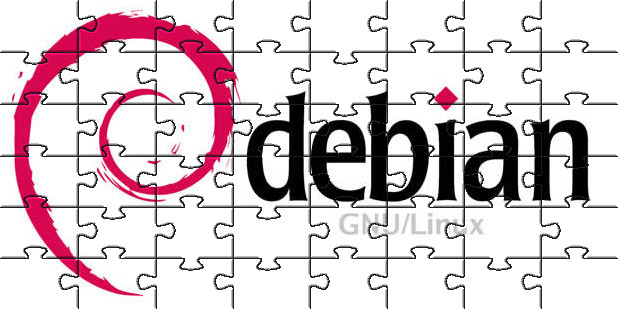Debian is a puzzle: difficult

Debian is very difficult, a puzzle. This surprising statement was what I got last week when talking with a group of new IT students (and their teachers).
I would like to write down here what I was able to obtain from that conversation.
From time to time, as part of my job at CICA, we open the doors of our datacenter to IT students from all around Andalusia (our region) who want to learn what we do here and how we do it. All our infraestructure and servers are primarily built using FLOSS software (we have some exceptions, like backbone routers and switches), and the most important servers run Debian.
As part of the talk, when I am in such a meeting with a visiting group, I usually ask about which technologies they use and learn in their studies. The other day, they told me they use mostly Ubuntu and a bit of Fedora.
When I asked why not Debian, the answer was that it was very difficult to install and manage. I tried to obtain some facts about this but I failed in what seems to be a case of bad fame, a reputation problem which was extended among the teachers and therefore among the students. I didn’t detect any branding biasing or the like. I just seems lack of knowledge, and bad Debian reputation.
Using my DD powers and responsabilities, I kindly asked for feedback to improve our installer or whatever they may find difficult, but a week later I have received no email so far.
Then, what I obtain is nothing new:
- we probably need more new-users feedback
- we have work to do in the marketing/branding area
- we have very strong competitors out there
- we should keep doing our best
I myself recently had to use the Ubuntu installer in a laptop, and it didn’t seem that different to the Debian one: same steps and choices, like in every other OS installation.
Please, spread the word: Debian is not difficult. Certainly not perfect, but I don’t think that installing and using Debian is such a puzzle.
